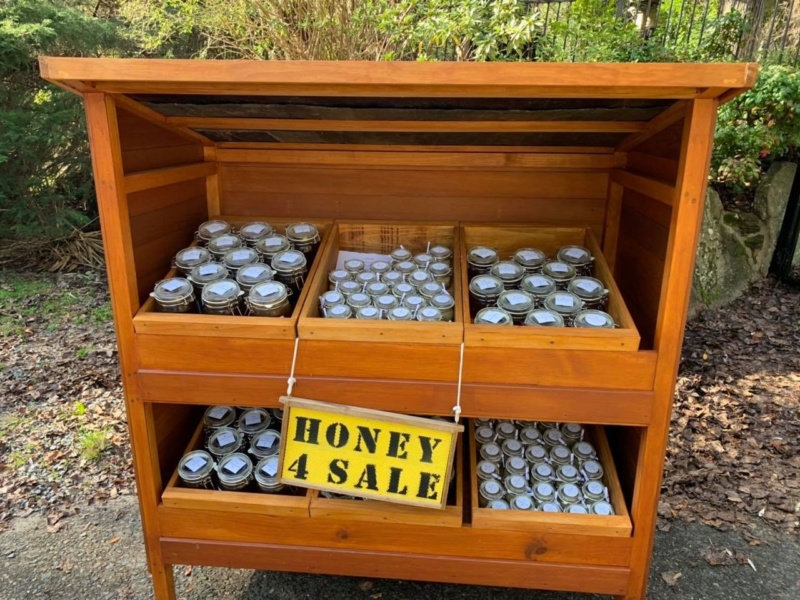- Name
- Andrew Wilson
- Expertise/Specialty
- My weekday job (pre-covid19) was as an international airline pilot, though I have always been interested in bees. I've run Sydney Bee Rescue and made local honey as Snives Hives in my time off for several years. I am married to my wonderful, and very patient wife Rebecca, and we have two fabulous little boys (Alistair 2, and Hamish 3) and three rescue greyhounds.
- 1. How did you become interested in beekeeping and making honey
I started as a backyard beekeeper following a birthday present beekeeping course bought for me by my wife. I became quickly hooked on it and have turned it from a great hobby into a full-time job. Rescuing bees, giving them a home and, when they are strong enough, getting a little bit of honey from them is very fulfilling.
- 2. What made you decide to turn your hobby into a business?
It was actually the birth of my first son. I realised that I wanted to be home with my family as much as possible. While being an international pilot is a great job, it can mean lots of nights away from home. I love being able to tuck my kids into bed each night and have dinner with my family. Beekeeping gave me the chance to do what I love and also be home with my family more. It's really a perfect fit for me.
- 3. Why are bees so important to us? How is honey good for us?
Bees are important because they provide us with honey, but the most important work they do in support of humanity and the environment is through pollination. Many plants and most food-bearing plant varieties benefit from, or completely rely on, insect pollination. There is no better pollinator on the planet than the bee, which is why it is so critical that we look after them.
Honey is naturally anti-bacterial and anti-microbial. It’s a lovely thing to eat, but certain types of honey also provide medicinal benefits. Australia is fortunate to have many of the flowers that give the medicinal honeys.
- 4. What do you enjoy the most about bee keeping?
The most satisfying thing about beekeeping is that it gives me a small opportunity to do something positive for the environment. I have never been more proud than when my 3 year old son told his friend that his dad helps the bees. The honey is a nice addition, but the real joy is in taking bees that have had a difficult time, giving them a nice place to live, and building them back up to strength.
- 5. What struggles or challenges have you faced?
I suffered quite badly in the Australian bushfires at the beginning of 2020. I lost a lot of hives and the flowers that my bees forage on were decimated. Although I live in St Ives, I am a primary producer. Being a farmer in Australia is tough in the best of times, but when nature takes its toll, it can take years to recover.
- 6. Do you have an inspiring story you can share with us?
It's not so much a single story but something that I have noticed since I have started doing bee rescues. Initially, people were most concerned with getting the bees away from their space, but more recently people are contacting me because they are genuinely worried about the welfare of the bees. It’s nice to see that most of the people that I deal with are overwhelmingly concerned with the bees, despite the disruption (and stings) that they have been subjected to.
- 7. What health benefits are you aware of?
Beekeeping gets you outdoors, connects you with nature and conservation, and is great for mental health and reducing blood pressure. Apart from honey being anti-bacterial and anti-microbial, it’s difficult to make other overall health claims about eating honey because a lot of the benefits are type specific. There are proven stress relieving benefits of beekeeping though. This is most notably the case with the use of beekeeping for the treatment of post-traumatic stress disorder ('PTSD').
- 8. How can people who are interested in keeping bees get started? How can people source good natural honey locally?
The best thing to do is contact your local beekeeping club. There is a great club in Terrey Hills called the North Shore Beekeepers Association, but for those in different areas, there are branches of the Amateur Beekeepers Association all over NSW and other organisations interstate and overseas. These groups will have open days when you can stop by and have a look at what beekeeping involves.
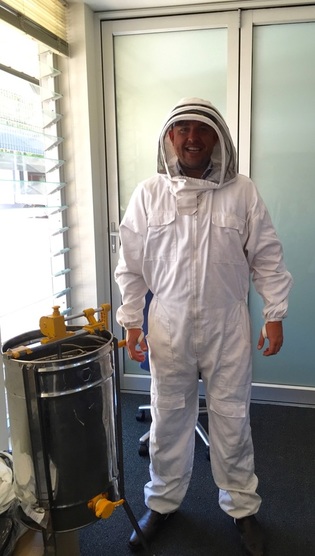
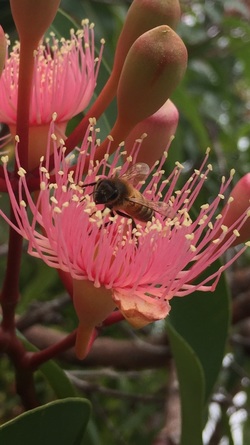
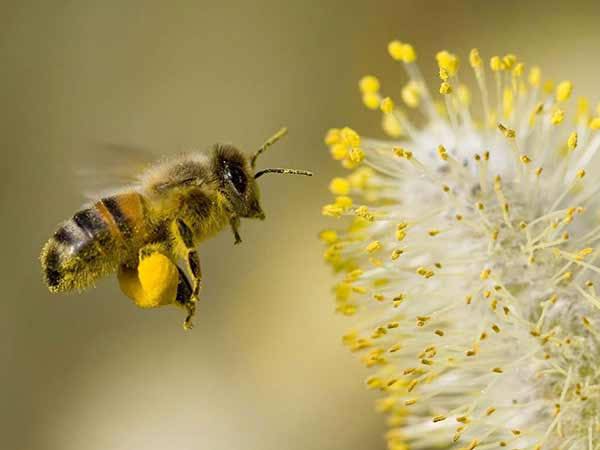
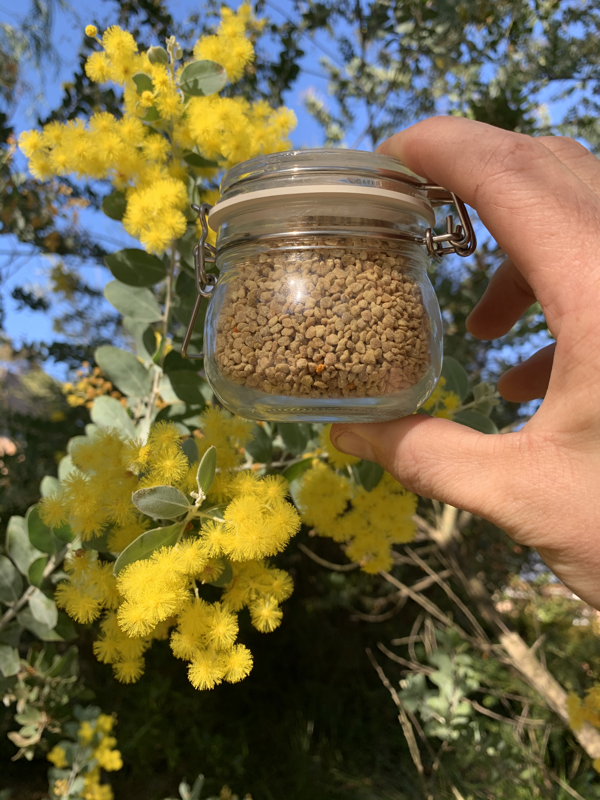
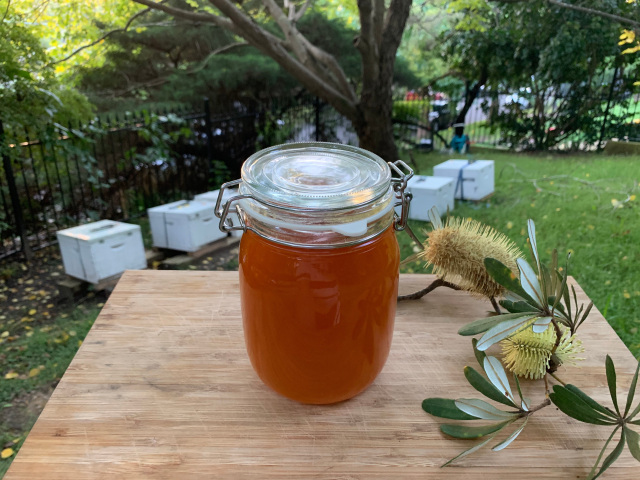
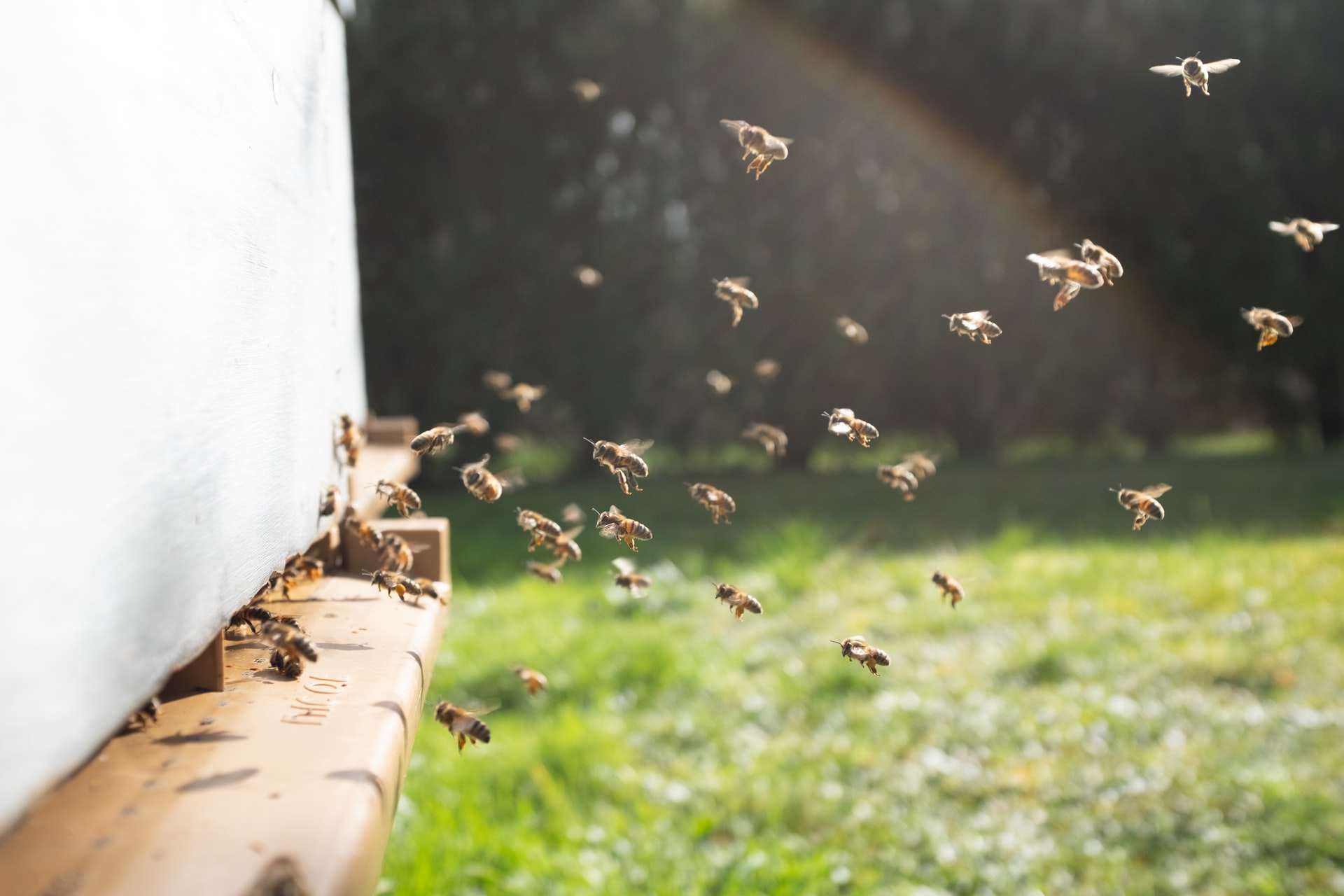
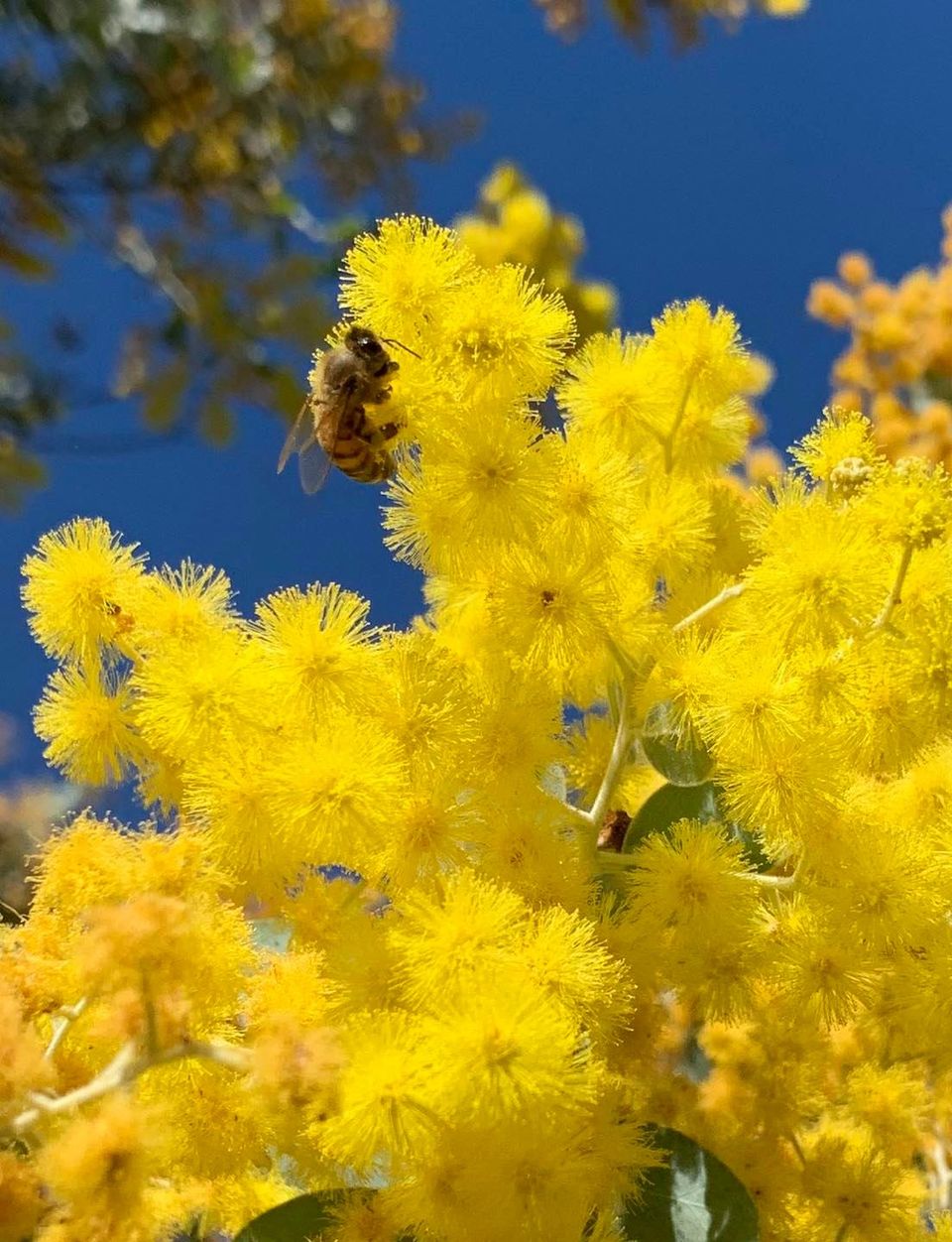
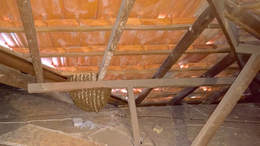
"Rescuing bees, giving them a home and, when they are strong enough, getting a little bit of honey from them is very fulfilling."
